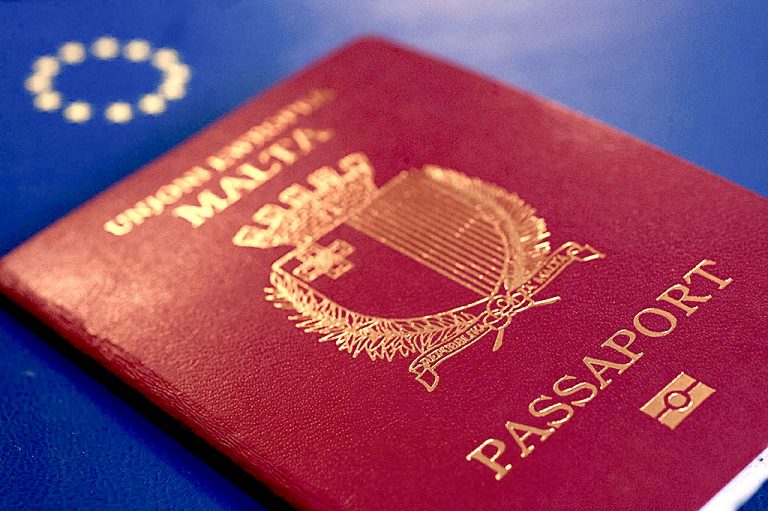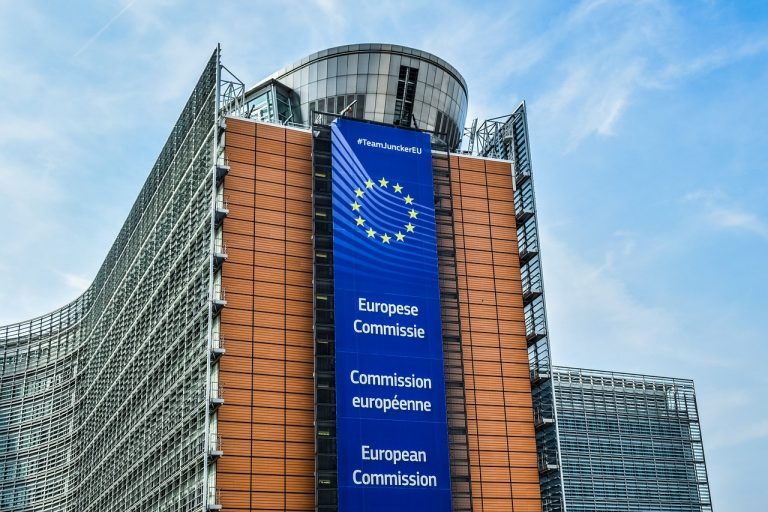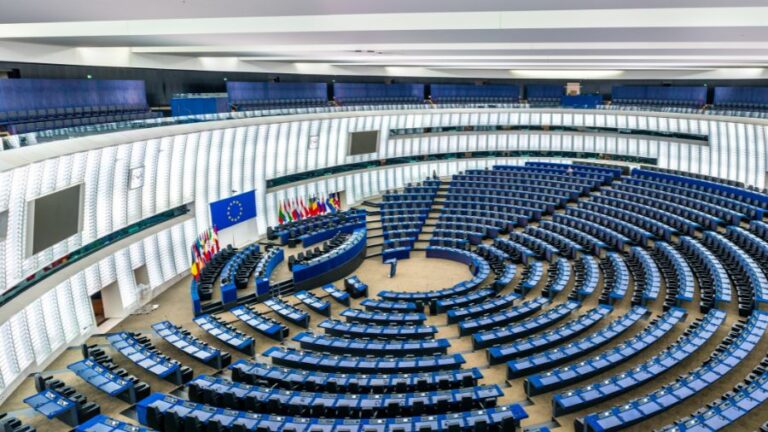The EU’s Top court ruling, going against Attorney general’s opinion to dismiss the case, has sent shockwaves in the CBI industry sparking debate and disappointment among experts and IM firms. The ECJ has ruled the commercialisation of Malta citizenship by investment scheme against payments without genuine link has broken the EU law and has ordered Malta to pay the legal fees.
According to the judgment, The Commission asserts that that scheme, which granted naturalisation in return for predetermined payments or investments to persons without a genuine link with Malta, constitutes an infringement of the rules relating to Union
citizenship and of the principle of sincere cooperation. It therefore brought an action against that Member State before the Court of Justice.
The 2014 investor citizenship scheme allowed foreign nationals to obtain Maltese nationality in exchange for predetermined payments and investments prescribed in the 2014 regulations. In accordance with those regulations, a concessionaire was appointed with a view to designing, implementing, administering, operating and promoting the scheme. Under Regulation 19 of those regulations, ‘The number of certificates by Maltese Citizenship by Naturalisation for Exceptional Services by Direct Investment granted, excluding dependants, shall not exceed four hundred (400) per annum, and in any case the total accumulated amount of successful applicants excluding dependants shall not exceed one thousand five hundred (1 500)’.
In a letter dated 1 April 2020, the Commission indicated to the Republic of Malta that investor citizenship schemes such as the 2014 investor citizenship scheme, which involve the ‘sale’ of Union citizenship, could be considered to exploit the common achievement of Union citizenship in breach of the principle of sincere cooperation between the Republic of Malta and the Member States. Considering that the 2014 investor citizenship scheme and the 2020 investor citizenship scheme implemented by the Republic of Malta are incompatible with EU law, the Commission initiated the present infringement proceedings with application lodged on 22 March 2023, the Commission brought the present action before the Court under Article 258 TFEU
The systematic granting of the nationality of a Member State in exchange for predetermined payments or investments and without there being a need for a genuine link between the State and the applicants, compromises and undermines the essence and integrity of Union citizenship established in Article 20 TFEU, and infringes the principle of sincere cooperation enshrined in Article 4(3) TEU.
Member State grants nationality, and thus automatically Union citizenship, in direct exchange for predetermined investments or payments through a transactional procedure, it
manifestly infringes those principles. Such ‘commercialisation’ of citizenship is incompatible with the basic concept of Union citizenship as defined by the Treaties. It infringes the principle of sincere cooperation and jeopardises the mutual trust between Member States concerning the grant of their nationality, which governed the establishment of Union citizenship in the Treaties.
The Court holds that by establishing and operating the 2020 investor citizenship scheme, which amounts to the commercialisation of the grant of the nationality of a Member State and, by extension, of Union citizenship, Malta has infringed EU law
A programme of that sort amounts to the commercialisation of the granting of the status of national of a Member State and, by extension, Union citizenship, which is incompatible with the conception of that fundamental status that stems from the Treaties. By the provisions governing the 2020 investor citizenship scheme suggest that payments or investments for predetermined minimum amounts occupy a key position in that scheme, suggesting that the latter amounts to the commercialisation of the granting of the nationality of a Member State following a transactional procedure.
Attorney General Opinion
On Oct 4, 2024, Attorney General Collins gave an opinion to dismiss the case C-181/23 against Malta. Malta has consistently argued that there is no legal requirement for such a link under EU law, and yesterday, the Advocate General agreed, confirming that “the Commission has failed to prove that EU rules on citizenship (Article 20 TFEU) require that a ‘genuine link’ or ‘prior genuine link’ between a Member State and an individual must exist in order for it to grant citizenship”.
He went on to explain the duty under EU law to recognise the nationality granted by another Member State is a mutual recognition of, and respect for, the sovereignty of each State and is not a means to undermine the exclusive competences that the Member States enjoy in this domain.
There is no logical basis for the contention that because Member States are obliged to recognise nationality granted by other Member States, their nationality laws must contain any particular rule. To find otherwise would upset the carefully crafted balance between national and EU citizenship in the Treaties and constitute a wholly unlawful erosion of Member States’ competence in a highly sensitive field
Malta Respects Decision
The Government of Malta in a press release, responded to the ruling saying, “respects the decisions of the courts”, while at this moment the legal implications of this judgment are being studied in detail, so that the regulatory framework on citizenship can then be brought in line with the principles outlined in the judgment.
Since ancient times, Member States have sought to attract wealth and prosperity by encouraging an influx of high-net-worth individuals through the grant of citizenship or its equivalent. Since its inception in 2015, this legislative framework of Maltese CBI has directly generated over €1.4 billion in revenue for Malta. These funds have always been divided between the National Development and Social Fund (NDSF), through which several beneficial projects and investments were and continue to be carried out. Malta investment citizenship only accounts for 200 to 300 cases in Malta annually, compared to the 700,000 citizenships granted across the EU without investment each year.
“The Government of Malta takes pride in the wealth generated through this framework over recent years, which enabled the establishment of a national fund for investment and savings to address the needs of both present and future generations. The Government remains committed to continuing to attract the best investment, from which the Maltese and Gozitan people benefit. “
-Government of malta
Portrayal of commercialization is fundamentally flawed
Henley and Partners expressed disappointment over the ruling, saying The portrayal of citizenship by investment as commercialization is fundamentally flawed, despite the few hundred citizenships granted annually by Malta, under the most stringent security and background checks, hardly justify the non-factual, alarmist narrative promoted by the Commission and echoed in the ECJ’s ruling.
Today’s EU Commission vs. Malta ruling by the ECJ representing a further encroachment on the core sovereign rights of member states, which will, unfortunately, have far-reaching consequences for the EU.
-Henley and Partners
In a public response to the judgment, Henley said.. “While the United States, Canada, UAE, Singapore and other successful countries are leading the way in attracting investors and talent with investment migration programs, the European Union prefers to go backwards.”.
The Court has now reversed course by a staggering 180 degrees and issued a decision that appears “politically motivated”, as the reasoning provided by the court is tenuous at best. This undermines judicial consistency and confirms serious concerns about the increasing politicization of the EU’s legal institutions. This undermines two of the most important values of the EU itself, democratic legitimisation and rule of law.
“It is a great pity that the ECJ has found that the European Union does not want its member states to attract talent and investors through such means” said Henley.
Poor State of EU Law
Professor Dimitry Kochenov in his response said, for the first time, instead of attempting – at least rhetorically – to defend the rights of Europeans, the Court does the opposite: a power-grab by the EU comes without any kind of convincing demonstration of any harm caused by the national policy in question, no rule of EU law breached, thus hinting at the continuing intense politicisation of the EU legal order.
“This undermines judicial consistency and confirms serious concerns about the increasing politicization of the EU’s legal institutions.”
Professor Dimitry Kochenov in his op-ed response said, Commission v. Malta is yet another public humiliation by the Court of the EU’s ideal of the Rule of Law. The Court disagreed entirely with seemingly every single aspect of the Opinion of its Advocate General Collins, released on 10 October 2024 and dismissing virtually all the academic literature on the subject, including the analyses.
“The divergence of views between the AG and the Court hints at the particularly poor state of EU law on the matter”
-Dimitry Kochenov, Professor and Head of Law workgroup
Kochenov, D.; Never Mind the Law, again: Commission v. Malta (C-181/23), EU Law Live, 30/04/2025,https://eulawlive.com/op-ed-never-mind-the-law-again-commission-v-malta-c-181-23/
What Happens Next?
The Member State concerned must comply with the Court’s judgment without delay.
Where the Commission considers that the Member State has not complied with the judgment, it may bring a further action seeking financial penalties.
It is unclear Malta will be amending the existing program bringing in line with the judgment or scrap the exceptional direct citizenship program entirely. Official response awaited.










